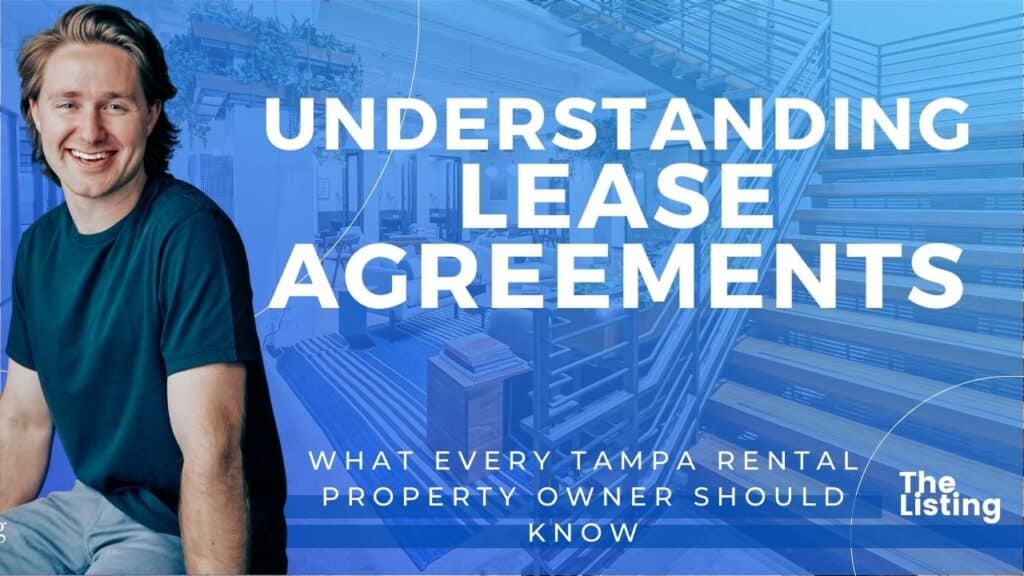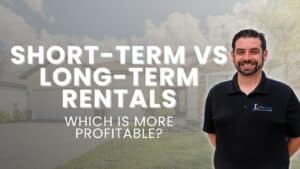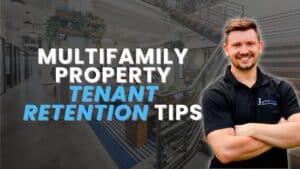As a Tampa rental property owner, you know that there are a lot of things to keep track of. From finding qualified tenants to maintaining your property, it can be a lot of work. But one of the most important things you must do is have a clear and concise lease agreement in place. A lease agreement is a contract between you and your tenant that outlines the terms of their tenancy. It should include important information such as the rent amount, the length of the lease, and the rules and regulations of the property.
A well-written lease agreement can protect both you and your tenant from any misunderstandings or disputes. It can also help to ensure that your property is well-maintained and that your tenants are responsible tenants. However, lease agreements can be complex and filled with legal terms that can be difficult to understand if you are inexperienced in the area. In this blog post, we’ll break down the key elements of a lease agreement and explain what every property owner needs to know for their rental properties to be a success.

Lease Term
The lease term is the length of time that the tenant will occupy the property. Most lease agreements are for one year but can vary, shorter or longer, depending on the landlord’s preference. The lease term is a crucial element of the lease agreement, as it establishes when the tenant’s obligation to pay rent begins and ends. Without a defined lease term, your tenants obligations would not be regulated. The lease term helps ensure clarity regarding the amount of time the tenant is required to live in your home and pay rent to you.
Rent
The rent is the amount the tenant agrees to pay in exchange for the right to occupy the rental property. It’s essential to be clear about the amount of rent, the due date, and the consequences of late payment in the lease agreement. It’s also essential to specify what is included in the rent, such as utilities or parking fees. Be transparent and honest about the rent and fees in your lease agreement. Our blog post, Strategies For Setting Competitive Rental Rates in Tampa, can guide you in setting the correct rental rate for your Tampa property.
Security Deposit

The security deposit is an amount paid by the tenant at the beginning of the lease term to protect the landlord against damages or unpaid rent. It’s essential to be clear about the amount of the security deposit, the conditions for its return, and any deductions that may be made. Typically, the deposit is returned at the end of the lease term if the property is in the same condition as when the tenant moved in and if there are no outstanding rent payments or other charges owed to the landlord. In Florida, landlords are required to return a tenant’s security deposit within 15 days after the tenant vacates the property and returns the keys to the landlord. This timeframe is established by Florida law under the Florida Security Deposit Statute (83.49).
Maintenance and Repairs
The lease agreement should establish the responsibilities of both the landlord and the tenant regarding maintenance and repairs. The landlord is responsible for maintaining the property in a safe and habitable condition, while the tenant is responsible for keeping the property clean and reporting any necessary repairs. Therefore, it’s important to be clear about who is responsible for specific repairs and the process for reporting them. It is also vital for the tenant and the property owner to maintain clear communication. If the property owner does not respond to the tenant regarding maintenance and repairs quickly, this may cause unwanted conflict and further challenges.

Restrictions and Rules
The lease agreement may establish restrictions and rules regarding the tenant’s use of the property. This can include restrictions on smoking, pets, or noise levels. It’s important to be clear about these restrictions and rules in the lease agreement, as they can affect the tenant’s enjoyment of the property. In addition, if you do not establish clear rules and regulations, your property may not be kept the way you would like it. It is your job as the property owner to set rules and communicate them to your tenant.
Termination and Renewal
The lease agreement should specify the notice requirements for terminating the lease. In many cases, landlords require tenants to provide a certain amount of notice before vacating the property, typically 30 or 60 days. The lease agreement should also establish any fees or penalties that may be charged for early termination of the lease, such as a loss of security deposit or a prorated rent charge. Additionally, the lease agreement should outline the process for renewing the lease. This may include notice requirements, such as a notice of intent to renew or terminate the lease, and any fees or charges that may be incurred for renewing the lease. It’s important for both landlords and tenants to be aware of these requirements and to ensure that they comply with them to avoid legal disputes.
In conclusion, lease agreements are a crucial part of a landlord’s business, and understanding their key elements is essential. By being clear about the terms and conditions of the tenancy, landlords can protect their rights and ensure a smooth and successful rental experience.
Tampa Property Management Summary

At The Listing Real Estate Management, we understand the importance of a well-crafted lease agreement. Our team of experienced professionals can help you create a lease agreement that protects your interests and ensures a positive rental experience for your tenants. With our knowledge of local and state laws, we can guide you through the legal requirements of lease agreements in Tampa and help you avoid any potential legal disputes.
Contact us today to learn more about our property management services and how we can help you with your lease agreements. We are committed to providing the highest level of service to our clients and ensuring the success of their Tampa rental properties.






